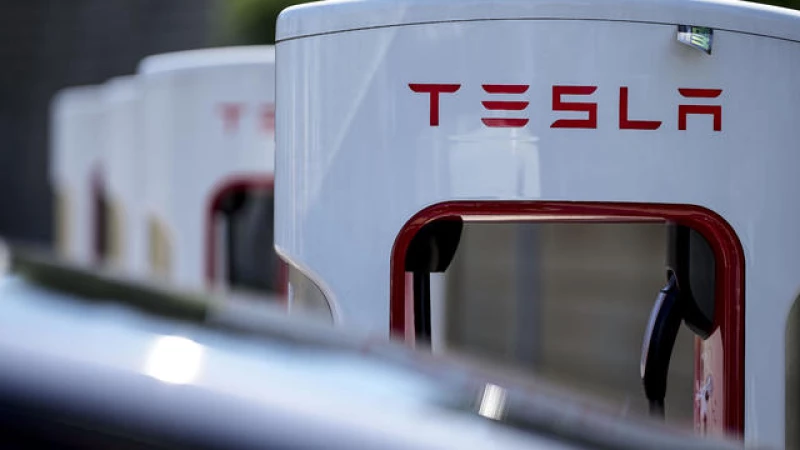Tesla sales took a hit last quarter amidst growing competition in the electric vehicle market globally and price reductions implemented by the company months ago failed to attract more customers.
The firm based in Austin, Texas and led by Elon Musk, stated on Tuesday that it shipped 386,810 vehicles from January to March, nearly 9% less than the 423,000 units sold in the same period last year. Tesla attributed the decrease in part to the introduction of an updated version of the Model 3 sedan at its Fremont, California plant. Factory closures due to shipping disruptions in the Red Sea, and a fire incident that caused a power outage at its German facility also contributed to lower deliveries, as per the company's statement.
Last year, Tesla significantly slashed prices by as much as $20,000 for certain models. In March, it briefly reduced the price of the Model Y by $1,000, its best-selling vehicle. These price cuts impacted the company's profit margins, which unsettled investors.
The decline in Tesla's sales represents the first drop in its vehicle deliveries since 2020, as reported by the Wall Street Journal stated. Discussing the company's poor performance last quarter, Wedbush Securities analyst Dan Ives remarked on Tuesday that it was "an unmitigated disaster that is hard to explain away."
According to a recent communication with investors, Tesla has foreseen a decrease in sales growth for the current year. The company mentioned that it is currently positioned between two significant growth phases - one driven by the global expansion of Models 3 and Y, and another by the introduction of the Model 2, a new, smaller, and more affordable vehicle.
"This is a critical juncture for Musk to navigate Tesla through this challenging period, as failure to do so could lead to troublesome times ahead," commented Ives. "Given the ongoing challenges related to margins, production, and external factors, Musk must swiftly take control to restore confidence on Wall Street, with significant quarters approaching."
Automakers worldwide have introduced electric vehicles (EVs) to compete with Tesla's popular Model Y and Cybertruck. With a growing interest in EV ownership among Americans, companies like Ford and General Motors are investing heavily to manufacture more affordable EVs compared to Tesla's offerings. While Tesla dominated 80% of EV sales in the U.S. between 2018 and 2020, this share dropped to 55% in 2023, as reported by Cox Automotive.
Notably, a record 1.2 million EVs were sold in the U.S. last year, based on Cox data. A semiconductor chip shortage experienced three years ago hindered several major automakers from operating their EV plants at full capacity. However, this obstacle has now subsided, and companies are ramping up production, according to industry experts.
Amidst the quarter, Tesla faced setbacks in Germany due to a suspected arson attack that disrupted its power supply. Concurrently, production in the U.S. was hampered by upgrades to the Model 3. Analysts estimated a 3% to 4% decline in Tesla's sales in China during this period.
Deliveries of Tesla's Models 3 and Y, the company's best-selling models, declined by 10.3% year over year to 369,783 units. On the other hand, sales of Tesla's other models, including the X, S, and the new Cybertruck, surged by nearly 60% to 17,027 units. Notably, Tesla's production exceeded its sales by 10% in the first quarter.







